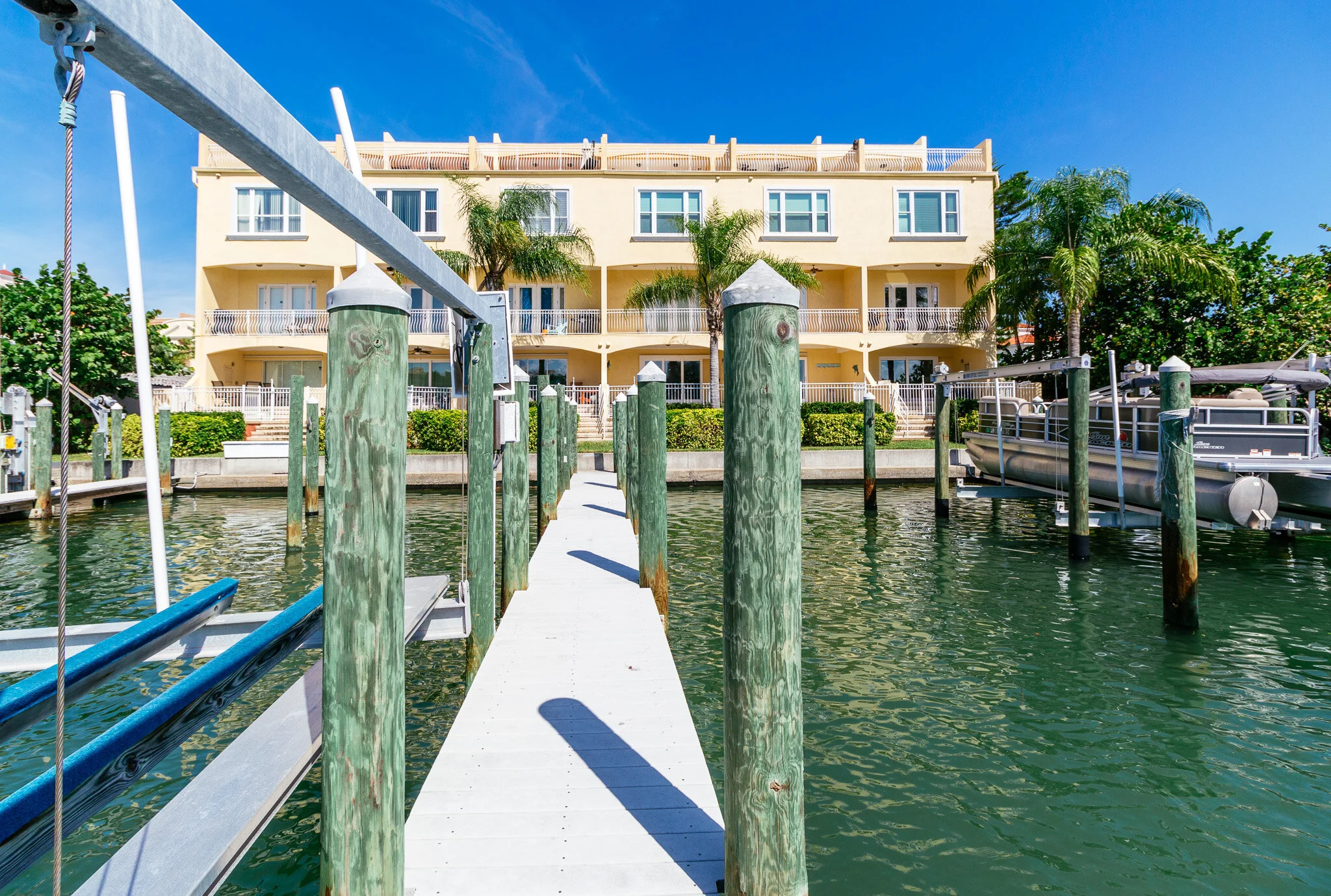Advertising Laws for Florida Realtors
Real estate advertising in Florida is complex. Whether you’re part of a group or working independently, it’s important to know what advertising laws apply in the State of Florida.
All real estate professionals need to be aware of the recent law changes that went into effect in 2019.
We spoke to local Tampa personal injury attorney Jack Bernstein about what you need to know regarding real estate advertising laws in Florida.
Where Do Florida Real Estate Advertising Laws Come From?
Florida’s real estate advertising laws come from both formally-passed laws and administrative rules. Both have the effect of law.
Laws that are part of the Florida Statutes have been passed by the legislature and signed into law. They’re what most people think of when they think of laws.
However, in some instances, the Florida legislature designates rule-making authority to an administrative agency. In the case of an administrative agency, they have the power to make rules about a particular topic, like real estate advertising.
The rules have the same effect as laws. In the State of Florida, there are both laws and administrative rules that apply to Florida real estate advertising.
The sunlit upper balcony of a Clearwater Beach condo
Florida Real Estate Statutes
Some state statutes apply to all types of advertising, including real estate advertising. For example, Florida law 817.44 prohibits false advertising of all types. Real estate agents must be prepared to comply with Florida law 817.44.
The law prohibits any advertising for property where the seller doesn’t have the intent to sell the property as advertised, or with the intent to sell the property for a different price than advertised.
Of course, this law isn’t talking about price negotiations that are common in real estate; however, as a sale takes shape, agents should be careful to clearly designate what is and isn’t included in the sale.
Things like swapping out appliances for less-expensive models or taking them with when the client vacates the property are all things that should be carefully negotiated and made clear to both parties to the sale.
Clearing up any possible points of confusion can save hassles and allegations of wrongdoing as they pertain to Florida law 817.44.
Florida Real Estate Administrative Laws
In addition to statutory laws, specific real estate advertising laws come from Florida Administrative Rules Chapter 61J2. The chapter governs real estate activities in the State of Florida.
A shady Clearwater Beach condo patio overlooking the ocean
The Florida Real Estate Commission creates laws through Administrative Code Chapter 61J2. The rules have the effect of law.
Within Florida Administrative Code Chapter 61J2, two subchapters apply to real estate advertising. Rule 61J2-10.025 applies to advertising in general, and Rule 61J2.10.026 applies to real estate team or group advertising.
Both chapters are equally important; Rule 61J2.10.026 is the new rule that went into effect July 1, 2019.
Florida Real Estate Advertising Administrative Code Rule 61J2.10.025
A long dock leads to the back of a three-story Clearwater Beach condo
Florida real estate Administrative Code Rule 61J2.10.025 says that all real estate advertising has to be done in a way that reasonable people can know that they’re dealing with licensed realtors.
All ads must have the brokerage firm license name. If you use a nickname, like “Mike” instead of “Miguel,” for example, you can use “Mike” on your real estate ads. However, the last name that you use needs to be the last name on your license exactly as you registered it.
Administrative Rule 61J2.10.025 talks specifically about internet ads. For an internet ad, your contact information has to be right next to, above, or below the brokerage firm name.
Contact information can include your mailing address, email, phone number, or fax. In addition, all of the advertising laws about false and deceptive ads apply to internet ads just like they apply to all ads on the internet.
Florida Real Estate Advertising Administrative Code Rule 61J2.10.026
Florida real estate advertising Administrative Code Rule 61J2.10.026 is the new law that took effect in July 2019. The rule hopes to clarify group advertising to protect consumers from misleading statements.
The rule defines team or group advertising to mean a name or logo that real estate licensees use to represent themselves as part of a team. The team must work together to carry out real estate licensed activities under the same broker or brokerage.
The front of yellow and red condo buildings with garages in Clearwater Beach
Under Administrative law 61J2.10.026, the team must designate a licensee who has to make sure that the advertisements comply with Florida laws and administrative codes. The group has to keep an updated list of group members. The group list must be current and updated at least once a month.
Although the team can use words like “group” and “team,” there’s a list of banned words. The purpose of the word ban is to make it clear what the group is and what its purpose is. Banned words include:
Agency
Associates
Brokerage
Brokers
Company
Corporation
Corp.
Inc.
LLC
LP, LLP or Partnership
Properties
Property
Real Estate
Realty
In other words, a group of realtors can’t advertise or suggest that they’re their own brokerage or company unless they actually are.
The rule applies to all real estate ads of any type, whether in print, broadcast, or online. The group name can’t be larger than the name of the registered broker.
What Are the Latest Changes to FL Realtor Advertising Laws?
The most recent changes to FL realtor advertising laws clarify what groups may and may not say in their advertisements. There are specific lists of banned words.
In addition, realtors must be careful that they are licensed accurately and that they accurately represent themselves.
The realtor laws are in effect immediately and apply to any real estate advertising from this date forward in the State of Florida.







